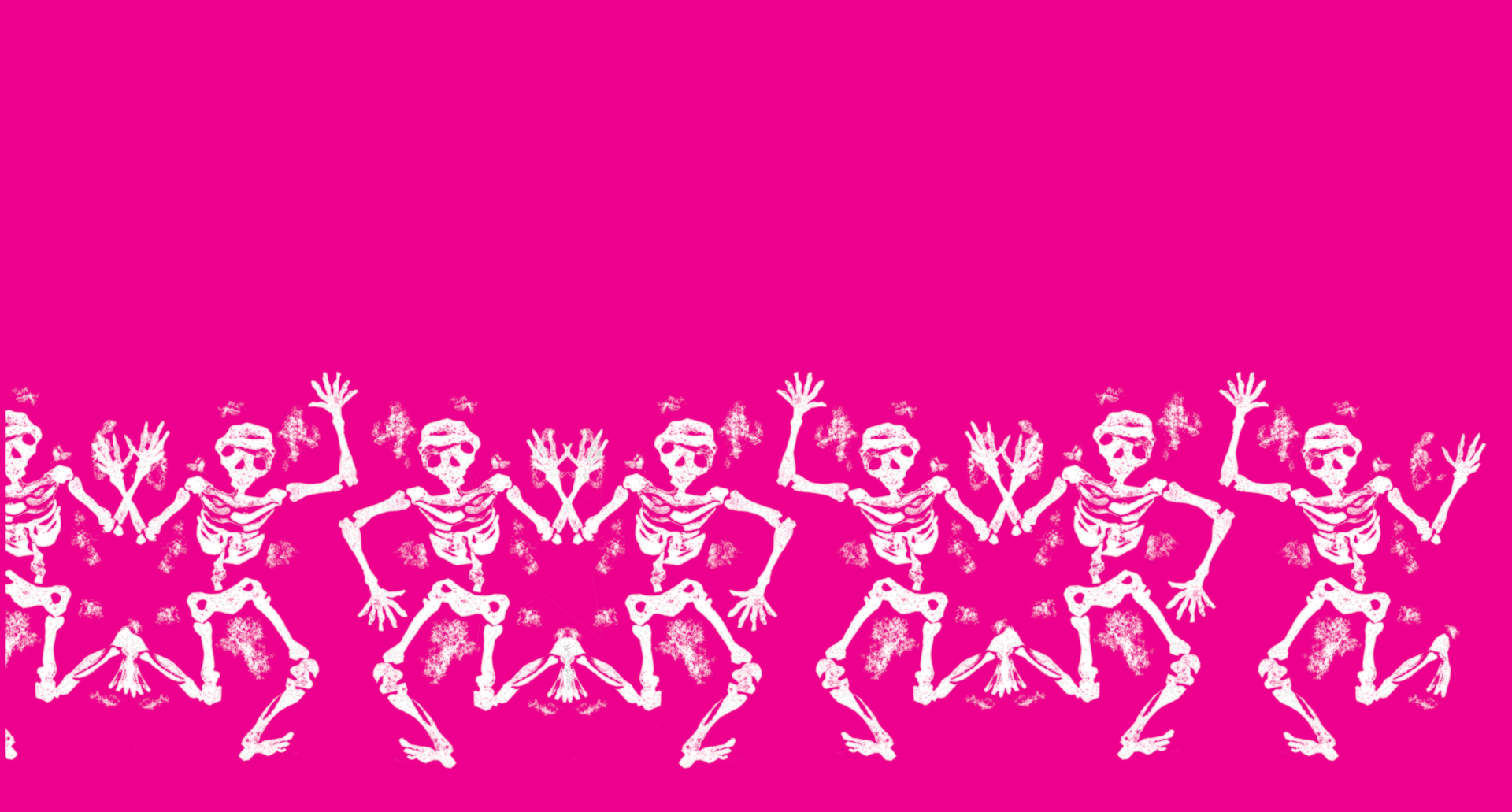Tadeusz Sławek
![]() Mental exercises. On Kazimiera Alberti’s Two Travelogues.
Mental exercises. On Kazimiera Alberti’s Two Travelogues.
There are two modes of establishing a relationship with space. One is, partly general and partly idiosyncratic, manner in which the past makes itself manifest in the present of the life of the human individual. The other is a most profound and intimate connection with a place which is possible when we begin to feel situated in a given space, i.e. when standard historical and aesthetic lines of connecting prove inadequate.
L’anima della Calabria (1950) and Segreti di Puglia (1951), two travelogues in a series of Italia celebre e sconosciuta, explore the two distinctly different regions of Italy investigating the perception of landscape, its rootedness in history and mythology as well as various practices of everyday life they have generated over centuries. Thus, the region becomes more than a series of interesting sights and historical monuments baedekers record and advertise for tourists. Instead, we deal with deconstruction of such ready-made cultural products and, in the effort of “mental exercise”, we not only transit through but are also situated in places which reveal their provisional, metamorphic character, their unfinishedness, becoming thus a challenge to our moral sense. Hence, exercising memory and mind, allenamento della memoria e della mente morphs into allenamento morale e sociale.
Janina Janas
![]() Between “The Mouth of Italy" and the Nervi banks. The case of Kazimiera Alberti.
Between “The Mouth of Italy" and the Nervi banks. The case of Kazimiera Alberti.
The article conjoins several interpretative perspectives. The first one focuses on Kazimiera Alberti’s volume of poetry entitled Usta Italji [The Mouth of Italy] published in the 1930s, in which Alberti unconsciously predicts her future. Her poetic excursions into Italian cities, enhanced by autothematic tropes, reveal the writerly-feminine subjectivity. What the biographical discourse delineates there is the frame for affective experiences, such as melancholy, sadness, and passion. This experience of the place would be identified today as the poetics of space, in which actual addresses merge with made up after-images. The second part of the article is devoted to Kazimiera Alberti’s experience of living in – and not only sightseeing – Italy. An analysis of the cultural memory code makes it possible to accurately portray the effort with which the poet seeks an original way of inhabiting the world that spans between the tragic Polish past and the Italian space of salvage. A reflection on Kazimiera Alberti’s letter to Maria Grabowiecka becomes not only an interpretative procedure but also – and primarily – a trigger to discuss the (arguably) central theme in Alberti’s oeuvre: the gesture of re-creation. This gesture stands for the attempt to re-create the world in the language of great cultural myths, or for the creative passion whose poetic evocation is Capri – an island equally real and “made up” or imagined.
Karolina Pospiszil
![]() „The Aristocracy of the Poor”, or Kazimiera Alberti’s narrative about the Rejected
„The Aristocracy of the Poor”, or Kazimiera Alberti’s narrative about the Rejected
The paper focuses on an undercurrent analysis of social problems present in almost all Kazimiera Alberti’s work written in an interwar period. A kind of “hierarchy” of people suffering from social, economic, ethnic and gender inequality is evident in Alberti’s works. This “hierarchy” could be considered as hell circles, although a gradation of pain and misery depends on a level of social rejection, not on committed sins. Alberti puts cultural and ethnic hybrids in the deepest circle of hell – those people are perceived as others/aliens (and often not as human beings) by both (or more) cultures/communities, they are “made” from.
Halina Magiera
![]() Buttressless. Re-reading of “The Decried Ghetto”.
Buttressless. Re-reading of “The Decried Ghetto”.
The paper is an attempt to analyse and interpret one of Kazimiera Alberti’s novel, The Decried Ghetto / Ghetto potępione, using new theoretical tools and methodology, i.a. Derrida’s deconstruction and feminist approach. The novel’s main character, Róża Grünszpann, not only torments herself with self-reproach and her own prejudices towards ethnic group, she came from – she also struggles with gender perception. These three factors are inseparably connected. Hence, Róża – by helping people from her childhood home, the ghetto – tries to manage her own fears, repulsion and identity issues.
Anna Krawczyk
![]() The trembling voice of the poet
The trembling voice of the poet
The text is a polemic with critical literary studies that recognize Kazimiera Alberti as a poet creating “light and simple” works. In the volume Kalinowa Hour can be traced wealth of tradition from which the poet drew: from the Franciscan, by biblical references, to the Kabbalah. In addition, the poems of the Alberti contain “crevices and cracks” which, interpreted in the context of Kierkegaard’s philosophy, Derrida and Agata Bielik-Robson’s works, may indicate the originality of poet. Going beyond the ideas of minoritas and fraternitas lead the careful reader to the metaphor of the string and interesting reflections on the desire and animating attitude of insatiability. The intuition that the poet has overtaken her age is not only the poems, but their realization and extension – a rich and extraordinary life.
Tomasz Gęsina
![]() The uniqueness of the mountains. Tatra landscape in the poetry of Kazimiera Alberti
The uniqueness of the mountains. Tatra landscape in the poetry of Kazimiera Alberti
The article deals with the subject of the Tatra landscape in Kazimiera Alberti’s debut poems published in the yearbook „Wierchy” (1926) and in the volume „Avalanche revolt” (Bunt lawin) (1927). The author, referring to the earlier achievements of the Tatra literature, especially the Young Poland period, presents the most important motifs concerning the mountains in the Polish poet’s work – symbolism of nature, fascination with highlander culture, embedding the action of works in Tatra space. All this adds up to a special “tatro(geo)graphy”, which is an underspecified, poetic map of the Tatra Mountains and their surroundings.
Rosalba Satalino
![]() Apulia a land to discover. A travel with Kazimiera Alberti.
Apulia a land to discover. A travel with Kazimiera Alberti.
The goal of this article is to show one of the travelogue of the series Italia celebre e sconosciuta (Famous and unknown Italy) by Kazimiera Alberti: Segreti di Puglia (Apulia’s secrets). It is a kind of travel discovering the secrets of Apulian land. The author expresses all the admiration for the landscapes, but above all for the monuments of this region. The history, architecture, myths and legends enrich the pages of her book. She encourages the reader to visit Apulia, revealing only some of her mysteries. Next to Kazimiera Alberti and her husband, we start the exploration of what this land has to offer to the visitors.
Giulia Kamińska Di Giannantonio
![]() The South Tyrol’s peculiarities in contemporary italian literature – the case of “Eva dorme” by Francesca Melandri
The South Tyrol’s peculiarities in contemporary italian literature – the case of “Eva dorme” by Francesca Melandri
The article deals with the subject of the South Tyrol’s peculiarities in Francesca Melandri’s debut novel Eva dorme (Eve sleeps, 2011). The author presents the most important characteristics of the region – the multilingualism of province, lack of understanding between the different ethnic groups, relationships with newcomers, reciprocal stereotypes and the legal separation of italian- and german-speaking groups. The novel is an interesting and original position on italian publishing market (due to a subject of novel) but it represents a conservative attempt to the problem of local identity and didactics aspiration to approach a less well-known part of country to the italian reader.
Sara Spina
![]() Literary and historic journeys around the Polish-Lithuanian Tatar community. “Baśnie, podania i legendy polskich Tatarów” by Selim Mirza Chazbijewicz.
Literary and historic journeys around the Polish-Lithuanian Tatar community. “Baśnie, podania i legendy polskich Tatarów” by Selim Mirza Chazbijewicz.
The article deals with the historical reconstruction of the Tatar community in the Grand Duchy of Lithuania. Originally, from Central Asia, after the division of the Mongol Empire the Tatars settled to Eastern Europe giving rise to the Golden Horde. The first migrations of Tatars to Poland took place by the will of the ruler Vitautas in the XIV century. Thanks to their different religious beliefs, the Tatars could keep over the centuries their identity. The Polish-Lithuanian Tatar literature includes two genders: the religious literature and the popular literature. The greatest representative of contemporary Polish literature is the writer Selim Mirza Chazbijewicz. In addition to writing poems and books about the history of Tatars, Chazbijewicz has also dealt with popular literature. The book Fairy tales, stories and legends of the polish Tatars is a collection of 21 stories from the Tatar tradition, passed on orally from generation to generation for centuries. The work is a perfect combination of Judeo-Christian, Islamic and Turkish-Mongolian traditions.

